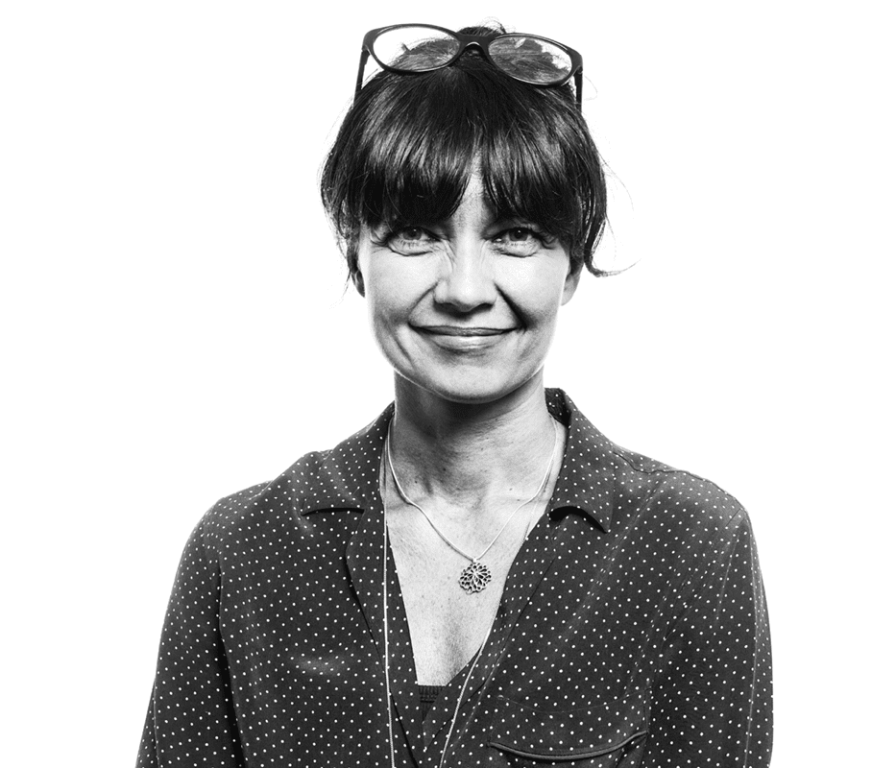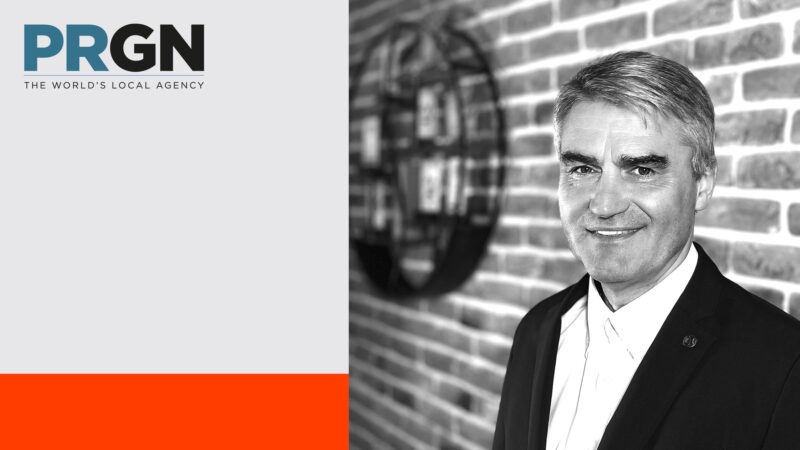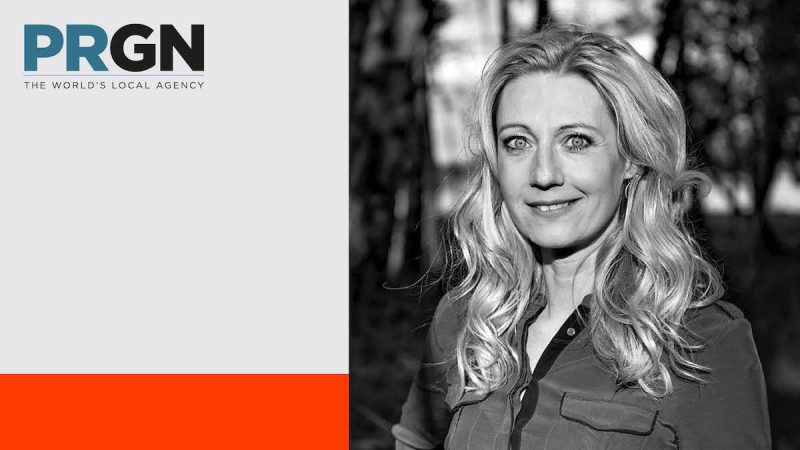All the perfect people around me

You would think that people could easily determine the meaning of things for themselves. But everything is relative when it comes to meaning. And more than we like to believe, meaning is influenced by the social context: what is valued by friends, what is valued or considered meaningful by the society around you, and what things were valued – or not valued – in your childhood home.
A good test to determine whether you think your work is meaningful and valuable is how you talk about it to others. Do Friday night conversations at the bar make you feel uncomfortable when others talk about their promotions, the world-saving purpose of their company, or the excellent company culture they spend their days working in? Or are you the one who readily tells others how excited you are about your work to build a valuable future not only for yourself and your company, but also for future generations? Or are you the one who was perfectly happy doing your job until you heard about all the great things your friends seem to be accomplishing every day?
Do you feel that you start the day more and more often satisfied with your life and your daily routine? When you wake up, the first thing you do is go to Instagram, where everyone has a perfect relationship, a wonderful family life, fashionable outfit choices and an eventful life that includes an impromptu trip to Punkaharju or Paris. Then you go to LinkedIn. A big mistake, especially when you’re tired after a full day’s work. Or tired even before that. How does everyone seem to get so much done? Some have been promoted, some have found their dream job, some are reaping board seats, and some are writing books on the very subject you’ve been planning a book on for ten years. But you haven’t had a chance because life…
By embellishing, we also create a reality that is no longer really anyone’s reality.
No worries. Next thing you know, you’re on Twitter, spewing all the bad stuff at everyone, getting into a squabble about some parking spaces in the city centre when you really have no opinion on the matter and shouting to the world how Sanna Marin’s bungalow is an insult to us all when in reality you couldn’t care less about the Prime Minister’s living arrangements and they don’t affect your life one bit. Except, of course, in relative terms. And meanings are created in this big picture. As they say, this is how things are perceived.
The good news is that we all lie, at least a little. Despite that perfect second-hand find, an Instagram influencer’s life is still a basic Tuesday or Thursday, with screaming kids, a nagging wife and a dog with the runs. The bad news is that by embellishing, we are also creating a reality that isn’t really anyone’s reality anymore. Yet it still affects us.
In his book Life is in Transitions, Bruce Feiler argues that all this has led to a situation where we no longer know how to tell the story of our own lives in a way where adversity is normal and is overcome by pushing through. Instead, our reality feels hopeless, our lives feel meaningless, and our adversity feels final.
So what does this have to do with working life and its meaningfulness?
As solution-oriented people, we are often sensitive to what we lack and less sensitive to what we already have. At our best, this trait drives us to improve everything in an organisation, from business to well-being at work. At worst, it makes us feel that (work) life is not meaningful. It’s constantly missing that something that would make it so.
We live in a world of fast action and change, which we ourselves accelerate by constantly being in many places at once.
We live in a world of complex and fragmented realities, with more choices than ever. It is possible that in our search for perfection, we will find nothing. Instead, we are constantly in between choices and not committed to anything. We are not satisfiers but optimisers. So we lack depth. At the same time, we are herd animals who have been caught up as ants on a big hill, where we efficiently perform only our own task without seeing the genius or the joy of the whole. So we lack a larger purpose. We live in an optimiser’s heaven. We live in a world of fast action and change, which we ourselves accelerate by constantly being in many places at once. Seneca once said that he who is everywhere is nowhere. The fast-paced way of life easily reduces experiences to superficial and fleeting moments that are not connected and do not form a meaningful continuum.
What if finding peace of mind through meditation, yoga and mindfulness is not the answer? What if it’s even simpler? What if we should start cultivating a focused state. To put away the stimuli and leave our comfort zone as concentration requires? Not just for the sake of work performance but for the sake of meaning. In the documentary, The Last Mountain, the father of Tom Ballard, a climber who died on a mountain in his thirties, says that “there is something very simple and primal about having only one task.”
That’s where meaning lies.



